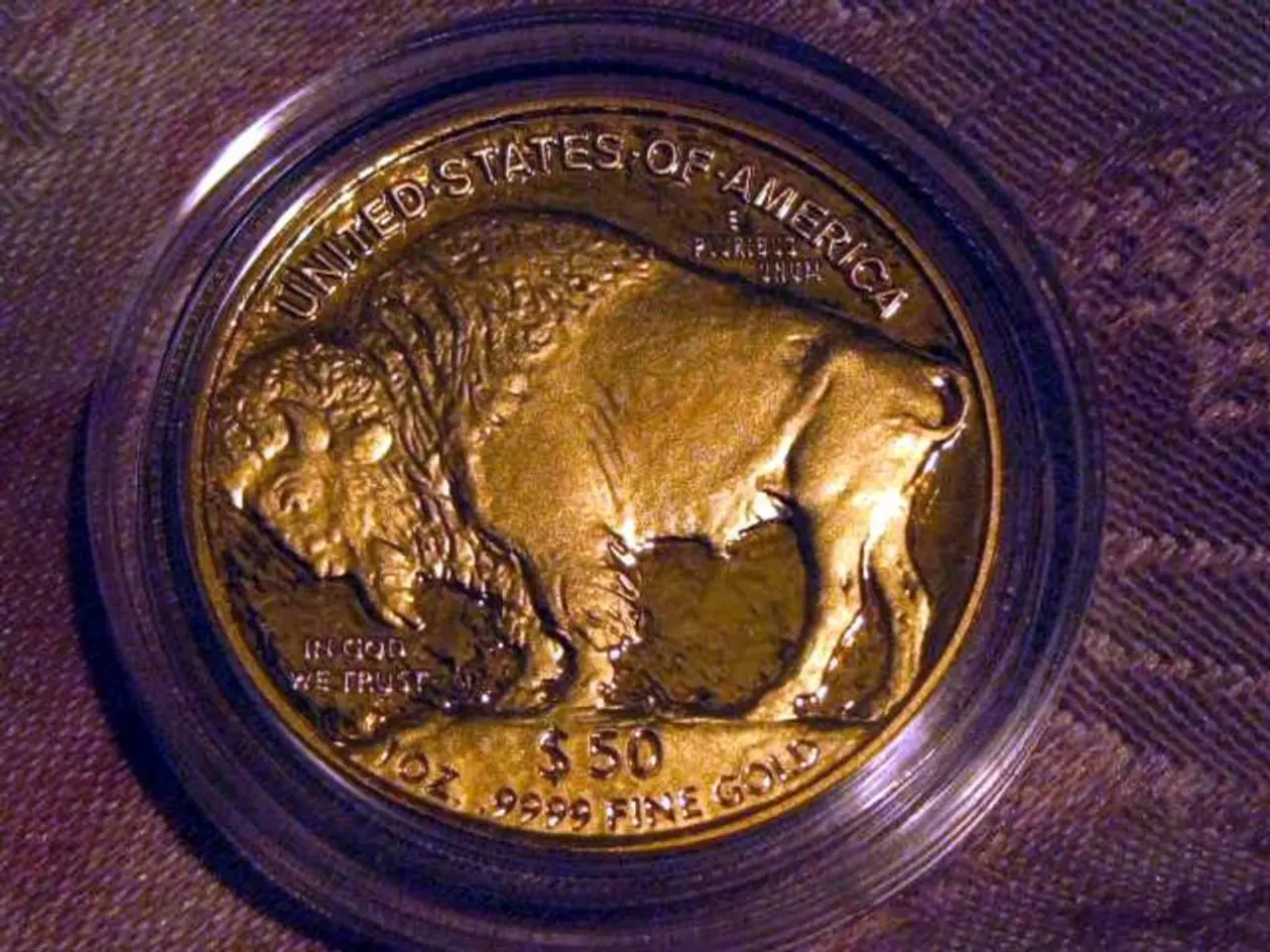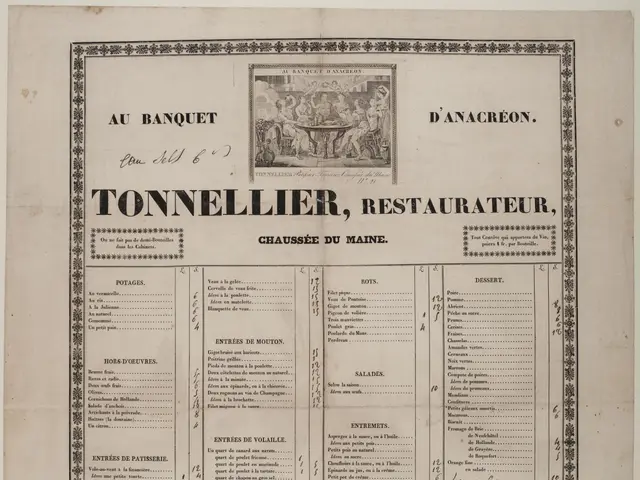American diplomat advocates for U.S. businesses to invest in Pakistan's mineral resources, information technology, and energy industries.
Pakistan is currently experiencing a significant economic transformation, with various reforms aimed at stabilising public finances, rebuilding foreign exchange reserves, and improving international credit ratings.
One of the key milestones in this journey was Fitch Ratings upgrading Pakistan's outlook to positive in mid-2025. This decision came after the implementation of reforms that have had a positive impact on the country's economy.
Pakistan's GDP, currently around $412 billion, ranks it 38th in the world. The country's population, approximately 250 million people, boasts a unique demographic advantage, with 64% of the population under the age of 30.
The United States remains one of Pakistan's largest investors, with net US Foreign Direct Investment (FDI) inflows estimated at $227.7 million. In 2024, total US-Pakistan goods trade amounted to approximately $7.2 billion. US exports to Pakistan were valued at around $2.1 billion, and imports were nearly $5.1 billion.
These investments have resulted in increased resource extraction, technology adoption, agricultural productivity, energy capacity, and infrastructure development. Companies such as Freeport-McMoRan, IBM, Microsoft, Cargill, Chevron, Bechtel, and others have made significant contributions in these sectors.
The reforms are focused on tax collection, energy sector restructuring, and privatization of state-owned firms. Pakistan is currently implementing these reforms under a $7 billion International Monetary Fund program.
A senior US diplomat, Natalie Baker, recently highlighted opportunities for American companies to invest in Pakistan's critical minerals, information technology, agriculture, energy, and infrastructure sectors. She underlined Pakistan's demographic and strategic advantages, including its location, competitive labor force, and vast consumer base.
At a webinar hosted by the Business Council for International Understanding (BCIU) on Sept. 2, Natalie Baker encouraged American companies to engage with the US Foreign Commercial Service team in Pakistan and pursue partnerships with local counterparts to build "profitable ventures".
If these projections hold true, Pakistan could be among the top 10 to 15 economies globally by 2050. Goldman Sachs projects that Pakistan's GDP could reach $3.3 trillion by 2050.
These reforms are crucial for restoring investor confidence and laying the groundwork for sustainable growth in Pakistan. The country's economic transformation is an exciting development to watch, and it will be interesting to see how it unfolds in the coming years.







